Why do we feel stressed when we think about taking time off from work? What if I told you that not taking a vacation could be detrimental to your career. Did you know that of those employees in the United States who receive paid vacation time, approximately 55% are not using all of their paid leave? In a 2018 study, the U.S. Travel Association found that the top three reasons cited by American workers for not taking vacation were fear of looking replaceable, heavy workloads, and lack of coverage at work. For many, the anxiety and stress of going on vacation are why people don’t use their vacation time.
My story.
Almost four years ago, I truly learned what it means to unplug. At the time, I was working with a wonderful executive leadership coach who believed in nurturing the whole person. She provided me with my homework each time we met. About two meetings into our engagement, she said, “You need to take a vacation on your own to focus on yourself and no one else. Your homework is to decide where you are going and when you will leave.” I took the assignment very seriously because it was essential for my overall well-being and performance.
I had recently turned fifty, and my mother had given me some money to celebrate my half-century mark. Instead of doing what I usually would do, which would be to take care of something that needed fixing in my home, I used it to heal myself. I went on vacation in Tucson, Arizona, and stayed at a resort that is known for wellness and well-being. I let my supervisor and team members know I was going off the grid and “going dark” and would not be accessible by cell phone. I provided my assistant with a direct phone line to the resort if needed. I let my mother and daughter know I would be much less accessible, checking in every few days but letting them know how to contact me if they needed to reach out.
Upon arrival at my destination, I did not realize that it was a no cell phone resort. You could only use your cell phone in your room or the designated area on the property. There was even a cell phone bed on the nightstand, so I could put my phone to rest. Limiting my access to my cell phone was transformative!
Being unplugged from my cell phone left me in a vulnerable state mentally. I did not realize how glued I was to it. Confession, I have two cell phones, one is for work, and the other is my personal phone. I went through a range of emotions, stress, anxiety, guilt, and fear that I was missing something important. As I started to engage in the things I wanted to do like read, sleep, eat healthy meals (cooked by someone other than me), take photographs, exercise, meditate, and much more, I started to relax, reflect, and think clearly, I felt my body and my mind ease. I was at peace. I promised myself I would never forget this valuable lesson and committed to making sure that it became part of how I manage myself and coach and mentor others.
Hustle culture.
Research shows that working more does not result in greater productivity. In this “hustle culture,” it is easy to tie your identity to work and the mindset that the more you work, the more important and valuable you are to your organization or company. Do you work when you are sick? Do you work through lunch? Do you work more than eight hours a day? Do you check your phone as soon as you see a new email or text? Are you the first person in the office (remote or physically in your headquarters) and the last one out the door or offline? Do you forgo a lot of hobbies, time with friends, and family activities? Are you always on 24/7? Suppose you said yes to most of these questions. In that case, you probably are making more mistakes than you realize, not focusing on the right things, making poor decisions, not being present for those who need you, lacking the mental space for creativity, exhausting yourself, and making yourself sick.
Life.
I do not believe in work-life balance or work-life integration. I believe in life. Nothing is ever fifty-fifty. Some days are ninety-ten, other days are forty-sixty. I never have it all in hand, but I know what it feels like to be grounded. “Going dark” is always the elixir for getting me centered so I can manage the inevitable variances of the percentages of life.
Being “on” all the time is not sustainable. It results in stress, a mental health crisis in America that inevitably leads to poor health outcomes. If you are not healthy, how can you perform?
Culture matters; corporate and organizational culture influence whether an employee feels comfortable taking time off. It can be easy to create false narratives so check in with your manager about expectations. My team members know that I expect them to “go dark.” I hound them about “going dark.” They have full permission to “go dark.” They need their intentional space, whatever that may be, to unplug and let go of worry and responsibility.
Recipe for going dark.
- Prepare in advance to ease the feeling of anxiety and stress. Decide what work needs to be done before vacation to leave you with peace of mind.
- Manage your expectations upon re-entry, and come to terms with what can’t be done while you are away.
- Communicate with your manager and team members so that you understand what they need from you before you go on vacation.
- Identify some accountability partners to keep you honest if you surface for air and try to engage with work.
- Create a list of things you will do to help you relax during vacation. Plan and schedule things that will keep you true to being focused on activities other than work. It’s okay if you only do a few things on the list; you are an overachiever; you created an extensive list!
- Block time in advance on your calendar for when you return so you can go through email and work on any pressing projects.
- Craft your out-of-office email. YES, you need an out-of-office message. There is no shame in taking time off to recharge and telling the world you are away. I don’t believe in workcations. Yes, that is a thing.
- Enjoy your vacation and “go dark!”
- Yes, I know you will be anxiously anticipating your return to the office, and I know you will peek at your emails and social media. This is the beginning of a new habit; you will refine it over time. Give yourself the grace to move into this new space.
Acknowledging that the playing field is not equal.
In the United States, the country that is considered the most powerful nation globally, vacation is a luxury afforded to some but not all. The Fair Labor Standards Act (FLSA) does not require employers in the United States to pay employees for time not worked, such as vacations, sick leave, or federal or other holidays. Full-time Federal employees are the only employees by law entitled to receive paid days off for Federal holidays. Approximately one in four workers in the United States do not receive any paid time off. Among other “advanced countries,” the United States finds itself at the bottom of the list. France leads the pack with thirty paid vacation days, and Spain leads overall with twenty-five paid days off and fourteen paid holidays.
Paid vacation should not be a luxury. Everyone needs and deserves a break.

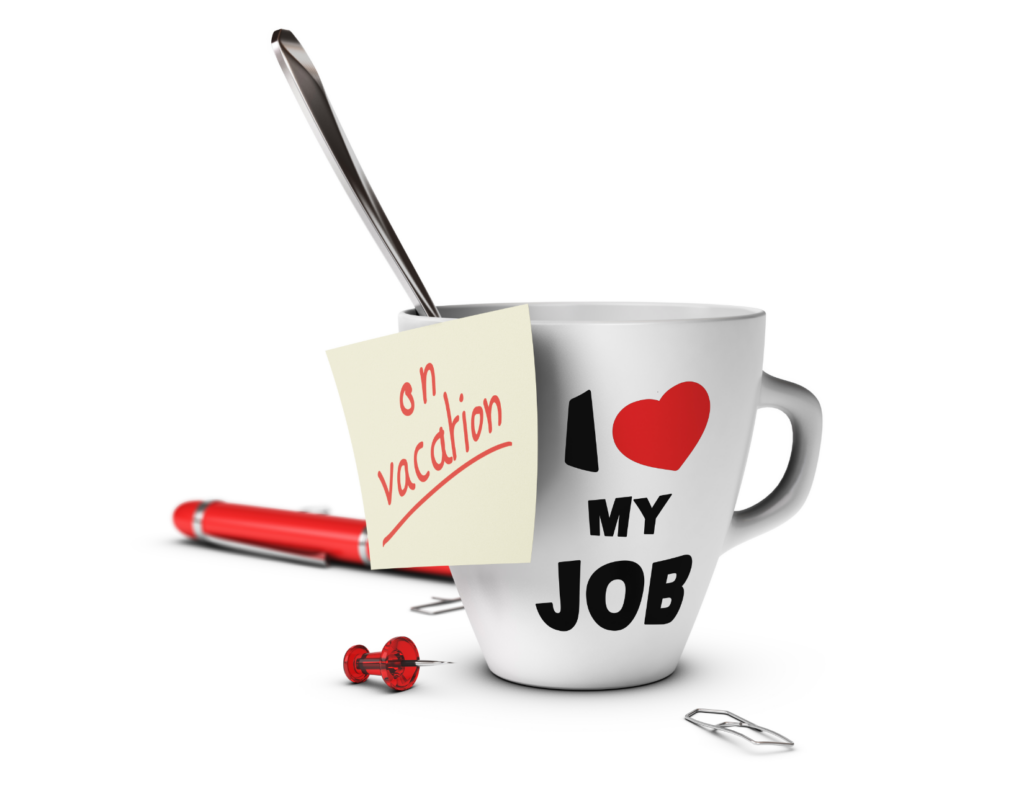
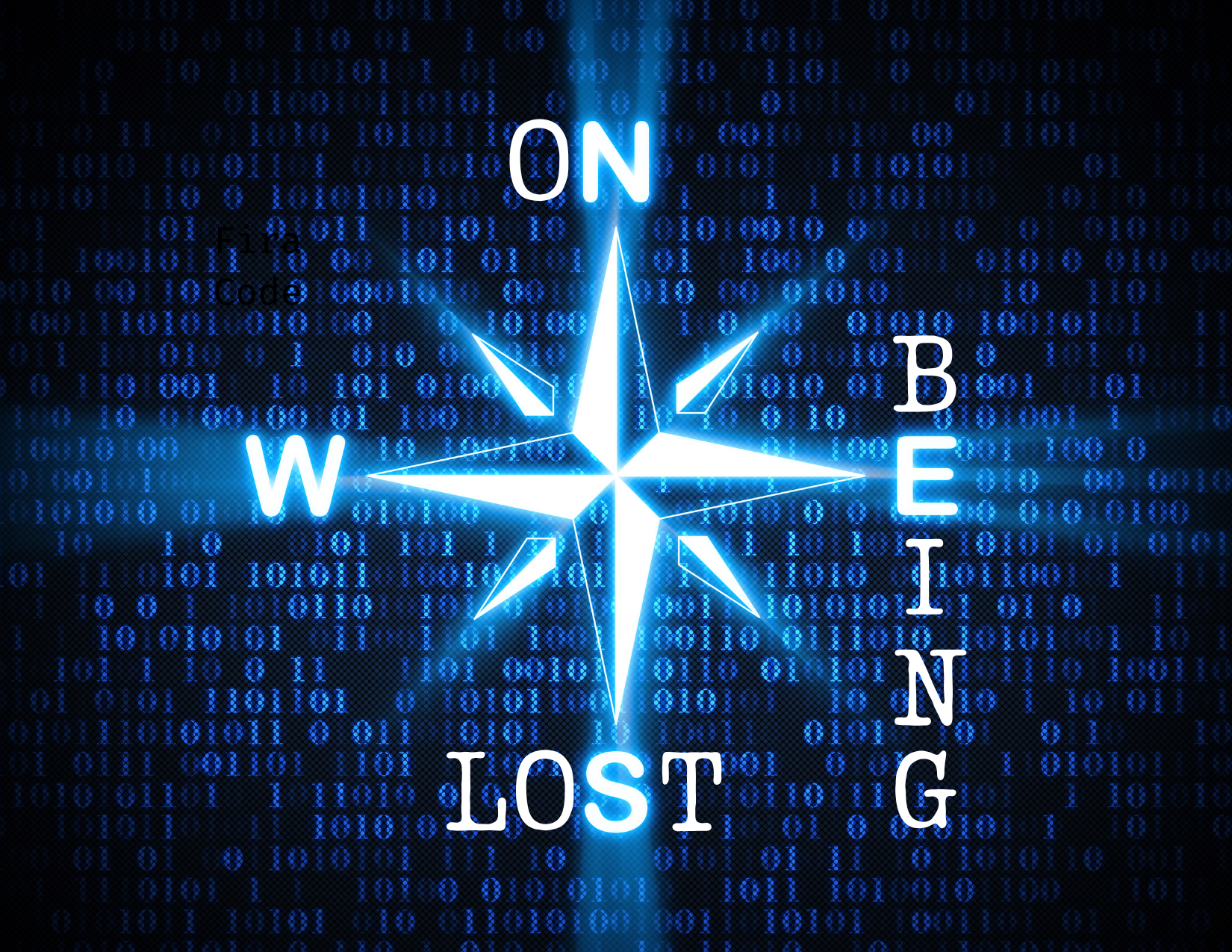
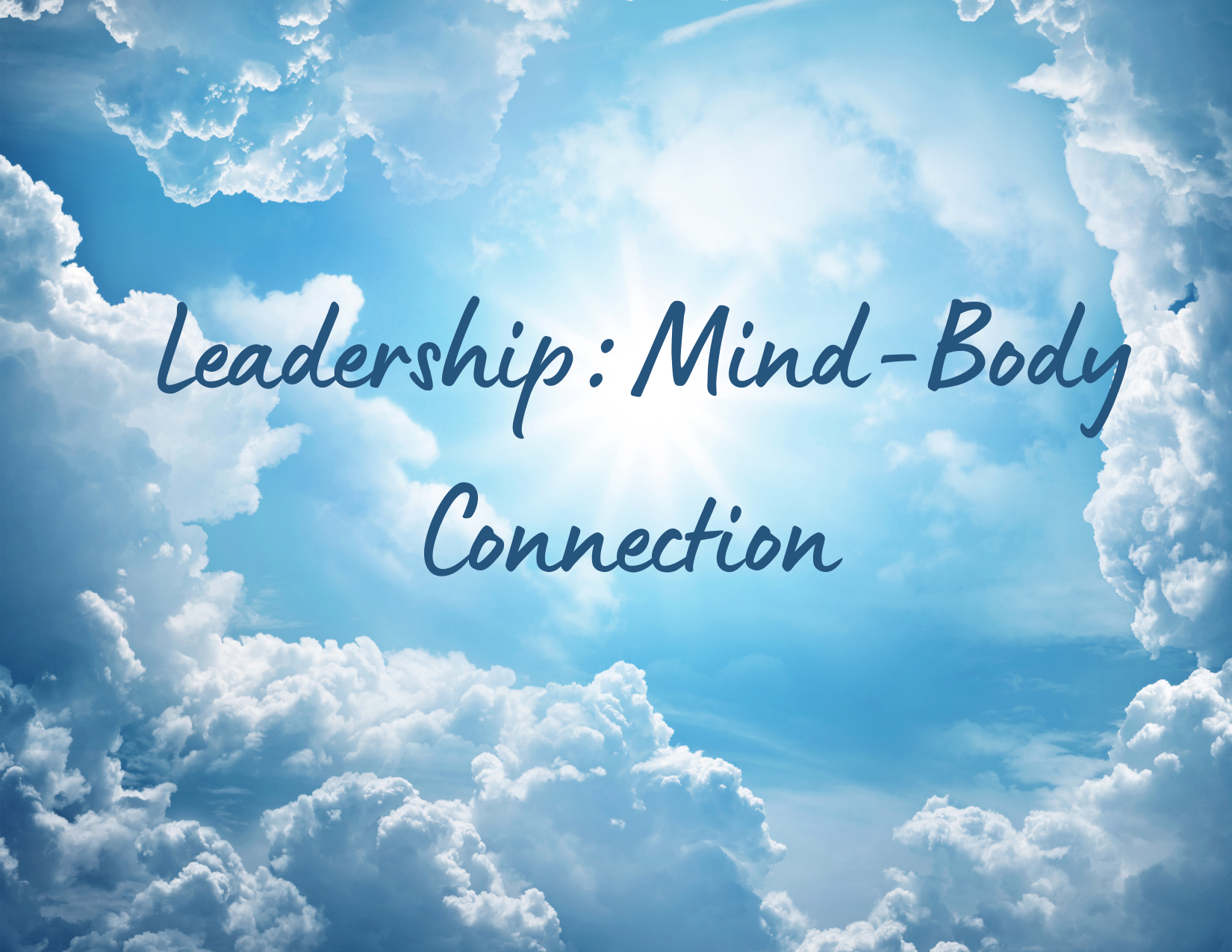
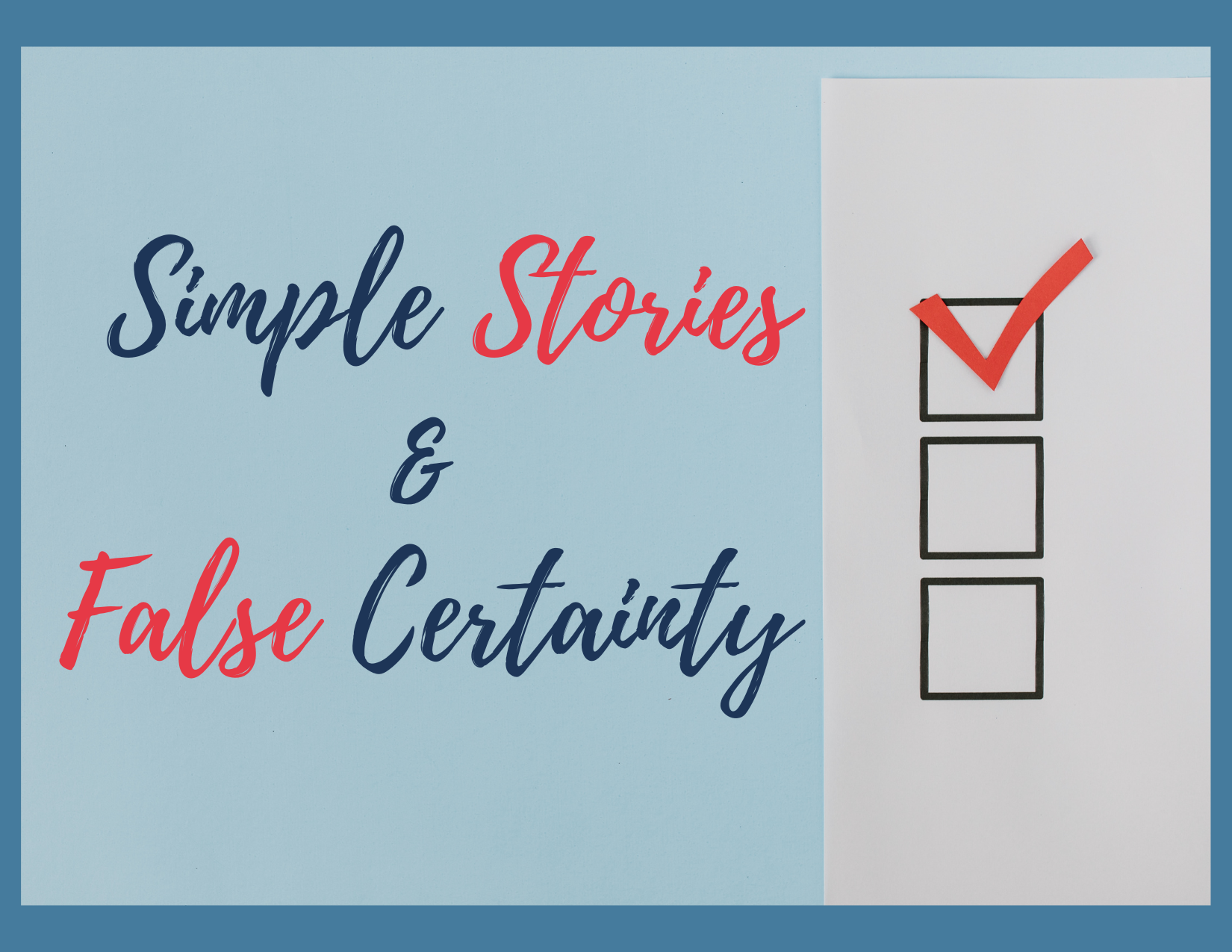
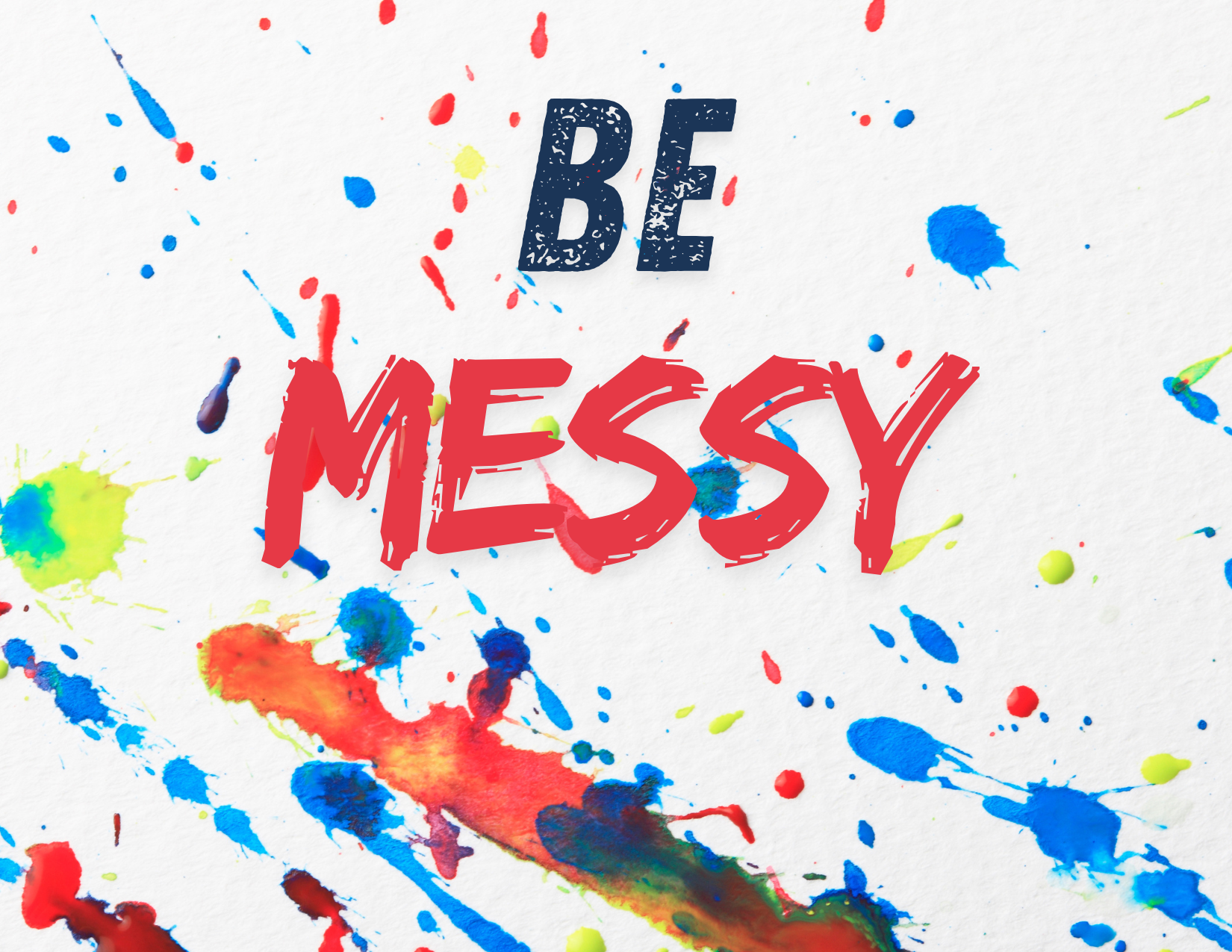


2 Responses
Boi, Thank you for giving me homework, encouraging me to “go dark”, and for sharing your wisdom with the world.
Thank you for the kind words Meg!